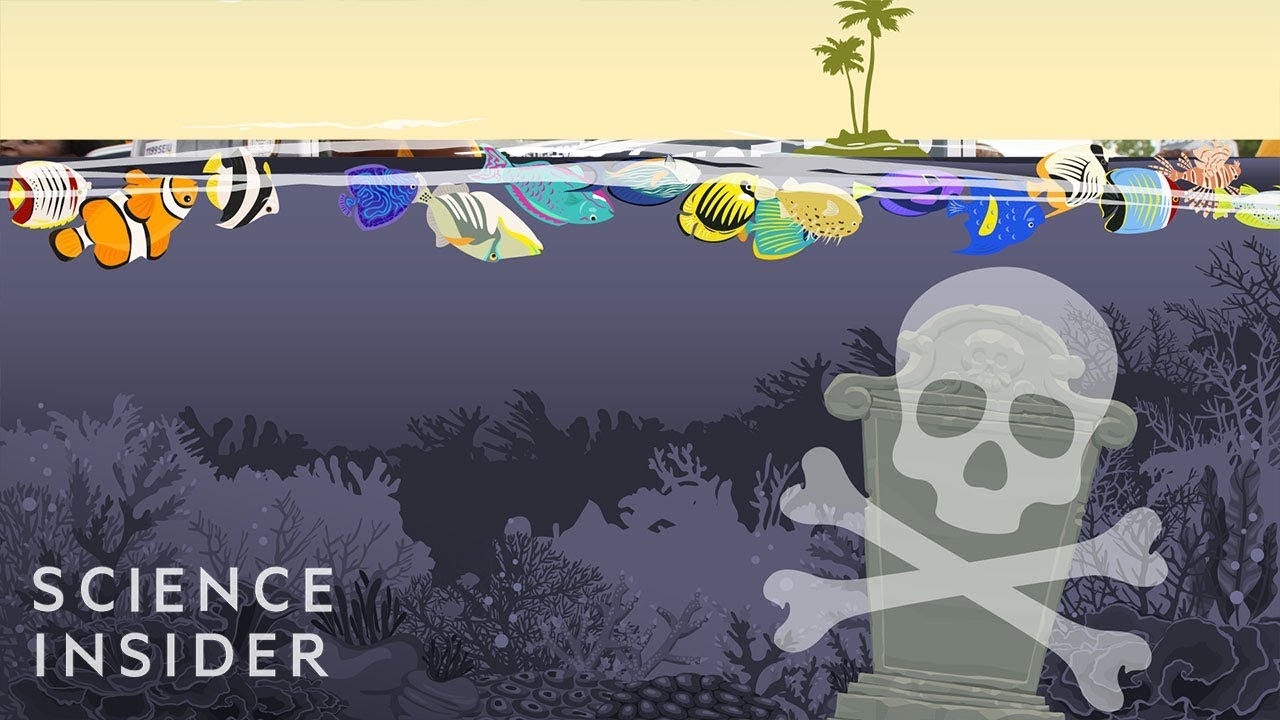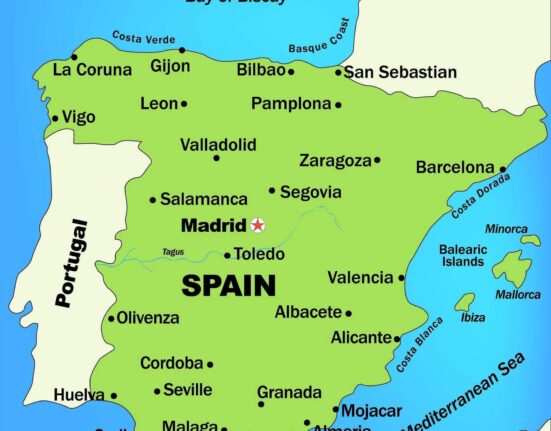Coral reefs, once vibrant and teeming with life, are now facing a dire threat that could have far-reaching consequences for our planet. These underwater ecosystems are vanishing at an alarming rate, pushing global food chains to the brink of collapse. With more than 80 percent of coral reefs experiencing mass bleaching, the urgency to address this crisis has never been greater.
Imagine a world where coral reefs cease to exist – a world where marine life struggles to survive, coastal communities are exposed to increased risks, and economies dependent on tourism and fisheries face uncertainty. The repercussions of losing these crucial ecosystems extend beyond the ocean’s depths; they impact us all.
Experts warn that the disappearance of coral reefs would disrupt not only marine biodiversity but also human societies worldwide. Dr. Anderson, a leading marine biologist, emphasizes this interconnectedness:
“Coral reefs play a pivotal role in sustaining marine life diversity and supporting millions of people who rely on them for food and livelihoods.”
As corals bleach and die off due to rising sea temperatures and ocean acidification caused by climate change, the intricate balance of life supported by these reef systems is thrown into disarray. Without healthy coral reefs, fish populations decline, leaving communities that depend on fishing struggling to make ends meet.
The loss of coral reefs also exposes coastlines to greater risks from storms and erosion. Coral structures act as natural barriers that absorb wave energy and protect shores from damage during extreme weather events. Without this protection, coastal areas become more vulnerable to flooding and destruction.
Governments and conservation organizations around the world have initiated efforts to mitigate the decline of coral reefs through measures such as marine protected areas, sustainable fishing practices, and reducing carbon emissions. However, many experts argue that current actions may not be sufficient to reverse the damage already done.
“We need urgent collective action at both local and global levels to save what remains of our coral reefs,”
stresses Dr. Lee, an environmental scientist specializing in ocean conservation.
“It’s not just about preserving beautiful underwater landscapes; it’s about safeguarding our future.”
In conclusion, the disappearance of coral reefs represents more than just an ecological crisis – it signals a threat to our way of life. As we stand at a critical juncture in preserving these invaluable ecosystems, each individual’s choices and actions can make a difference in shaping a sustainable future for generations to come.









Leave feedback about this